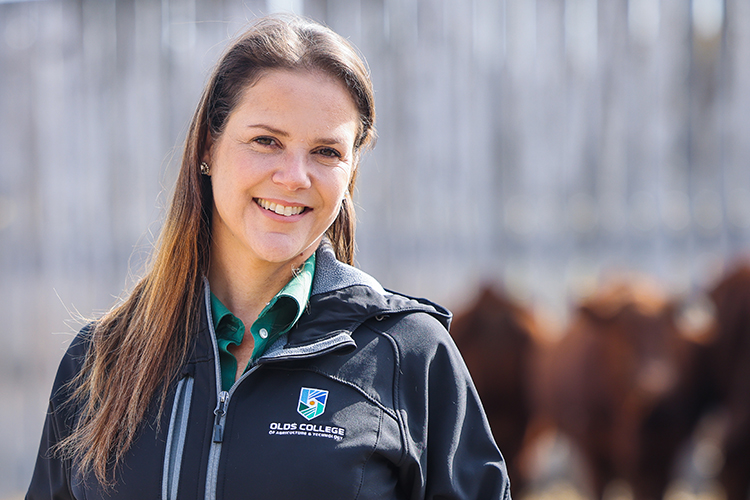Collaborating with communities to clean up drinking water

Clean drinking water is now a reality for many communities across Canada that at one time could only dream of being off the boil water advisories they were living under. Nickeyeah Creek of Lytton First Nation was one of these communities, but thanks to a permanent water treatment plant installed by Lytton First Nation with support from NSERC and funding from Indigenous Services Canada, Nickeyeah’s water advisory was lifted, and its members can now safely drink straight from their taps.
When NSERC recognized the severity of drinking water issues in small, rural communities across Canada, the Council decided to apply its own solution: RES’EAU-WaterNET, a research initiative that brings together water technology engineers, chemists, economists, science policy experts and industry partners to tackle water treatment issues. Their hands-on, inclusive approach brings communities directly into the process of designing a passive water treatment plan that delivers the best results at the lowest costs.
RES’EAU-WaterNET’s focus on what they call the “Community Circle Model,” stems from previous positive experiences forming strong partnerships with communities. Board of Directors member Ted Molyneux deems it one of their crowning achievements. “The Community Circle Model is really the heart of RES’EAU and how it works now, by bringing in students, working directly with communities, having various industry partners. It’s a way that can actually make an impact,” says Molyneux.
For the Nickeyeah Creek Community, this meant a water treatment plant fabricated off-site and delivered by truck, costing less than half the amount of money quoted to them by other suppliers. In just two years, RES’EAU-WaterNET had effectively helped bring Nickeyeah off of their long-term drinking water advisory and given them a solution that would work for the community in the long run.
RES’EAU-WaterNET tailors its work through research focused on innovative and integrated treatment processes, water health assessment and monitoring, governance, risk management, and compliance. Through this research, and their personalized hands-on inclusive approach, RES’EAU-WaterNET’S researchers have helped more than half a dozen small, rural communities access safe drinking water, and are hoping to reach even more moving forward.
Up next

Advancing Reproductive Efficiency & Stress Management in Beef Heifers
The primary goal of a cow-calf operation is to produce one calf per cow per year. However, the journey to achieving this reproductive success is fraught with challenges influenced by a variety of factors, including genetics, nutritional status, and stress, each playing a crucial role in the performance of heifers.